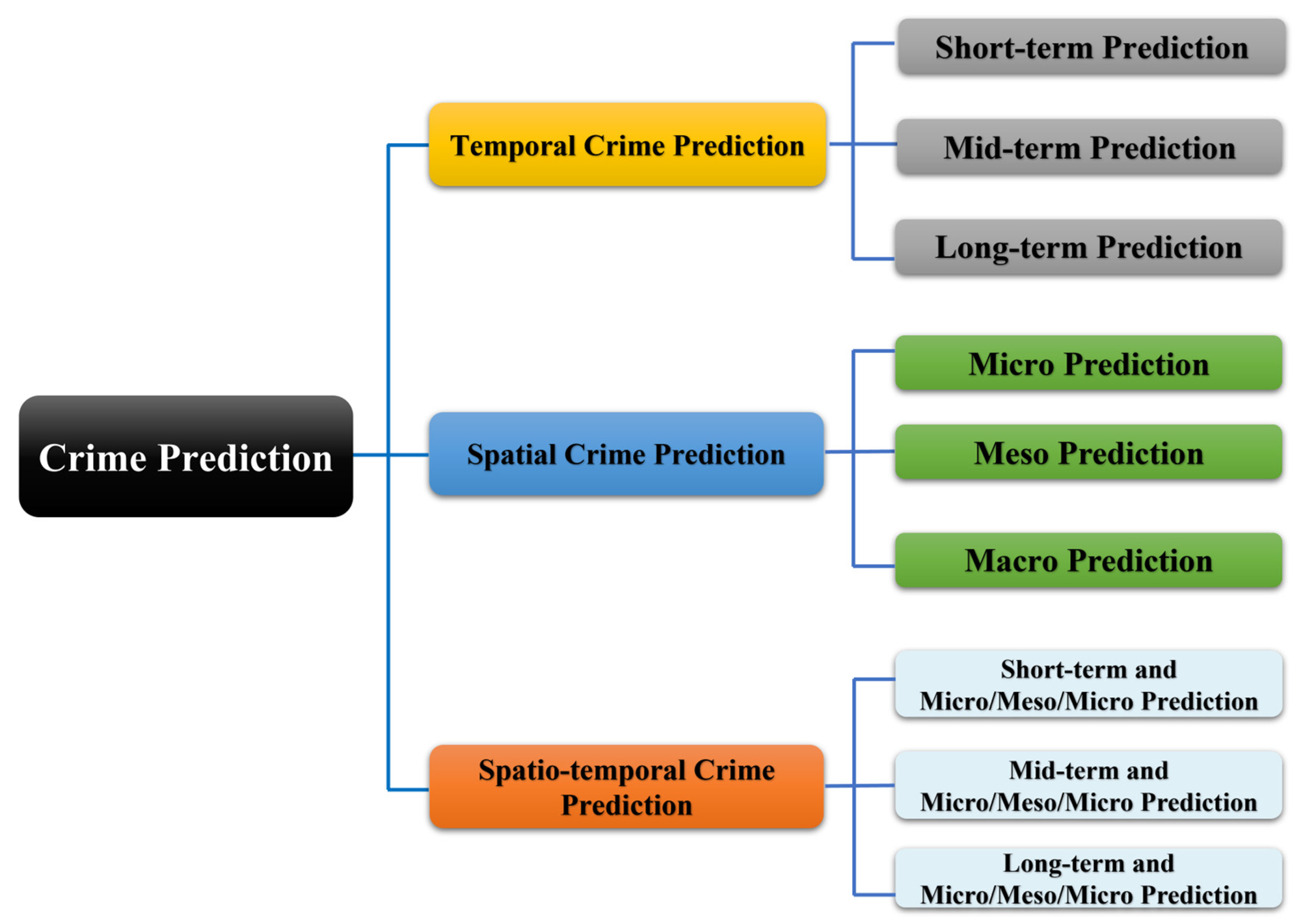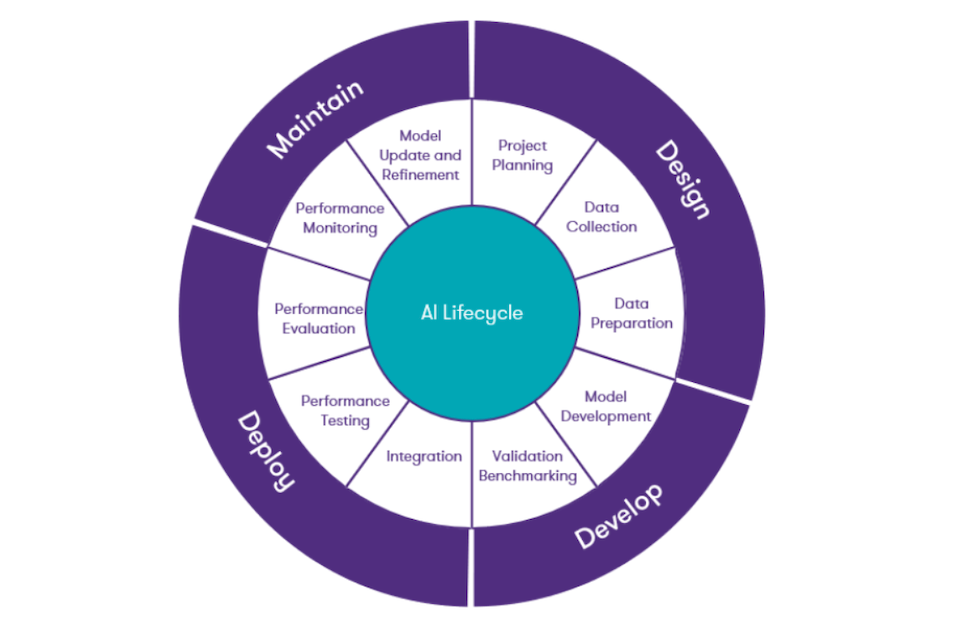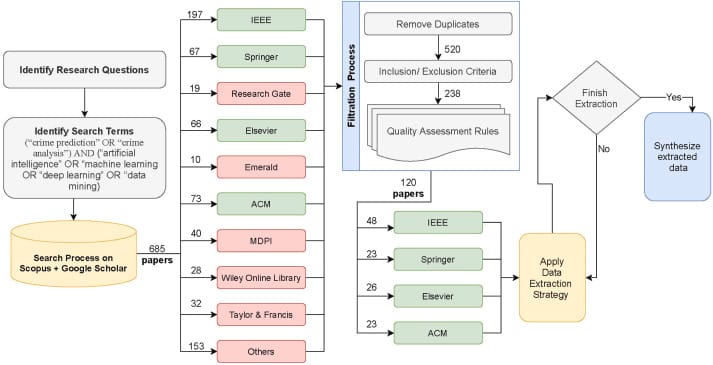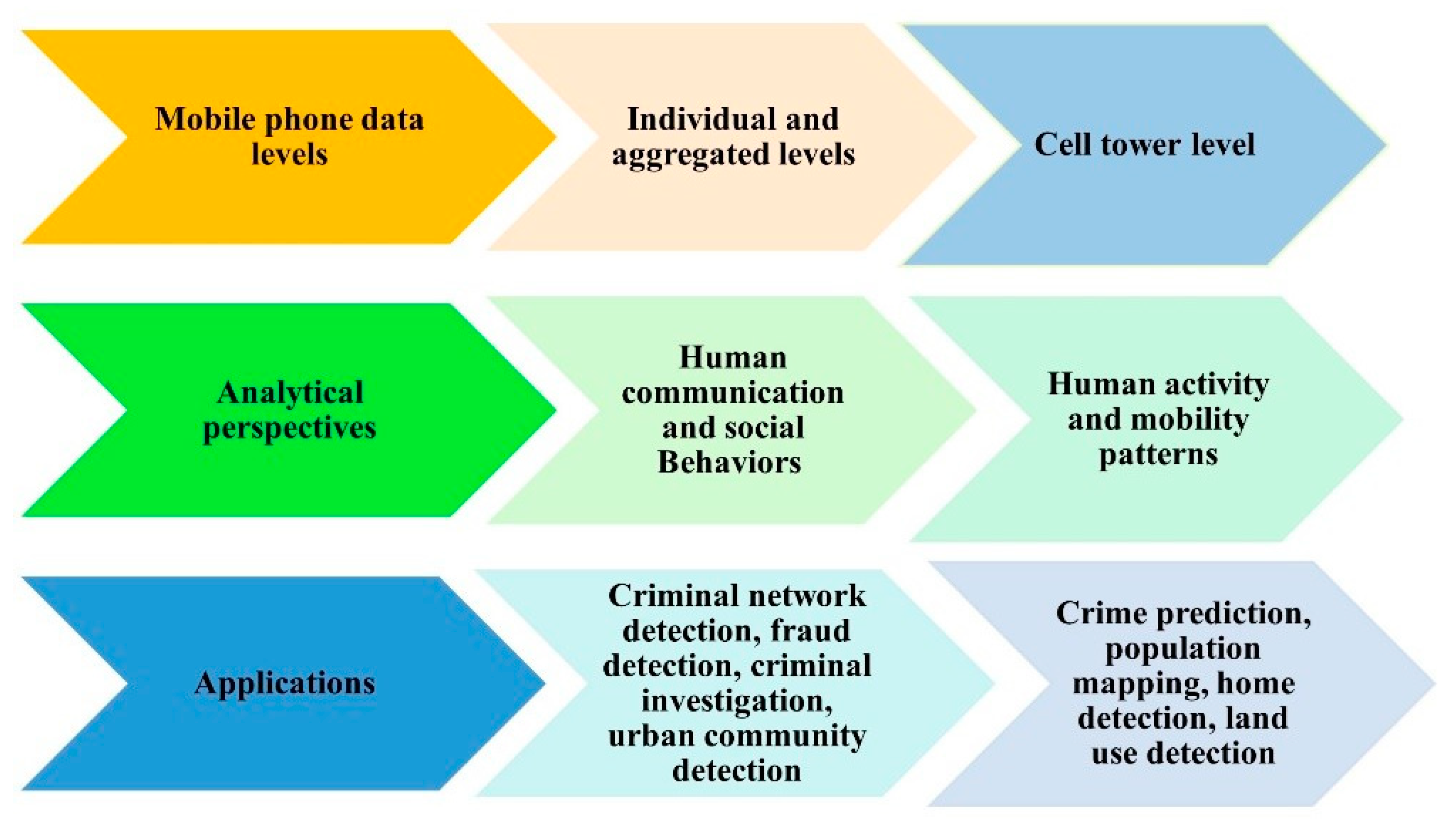UK government's secret "murder prediction" tool uses data from victims, mental health records, and even disability information

The government wants to know who will kill before they kill.
Project Renamed After Discovery
Originally called the "homicide prediction project," officials have quietly renamed it to the more innocuous-sounding "sharing data to improve risk assessment."
The existence of this secretive initiative only came to light through Freedom of Information requests filed by the pressure group Statewatch.
What they discovered has alarmed privacy advocates and civil liberties campaigners.

Minority Report Becomes Reality?
The Ministry of Justice claims the tool is currently "for research purposes only."
But documents reveal researchers are using sophisticated algorithms to analyze data from thousands of individuals.
The goal? To identify those they believe are most likely to commit murder or other serious violent crimes in the future.
If implemented, it would mark one of the most ambitious pre-crime initiatives ever attempted in the UK.

Commissioned Under Previous Leadership
According to the documents, the project was commissioned directly by the Prime Minister's office during Rishi Sunak's tenure.
It draws from multiple data sources including the Probation Service and Greater Manchester Police records from before 2015.
Officials insist the system will help "protect the public via better analysis" and improve risk assessment of serious crime.

Critics Call It "Dystopian"
Sofia Lyall, a researcher at Statewatch, didn't mince words about the project.
"The Ministry of Justice's attempt to build this murder prediction system is the latest chilling and dystopian example of the government's intent to develop so-called crime 'prediction' systems."
She warned that such systems have repeatedly been shown to "reinforce and magnify structural discrimination" in the criminal justice system.
Critics argue it will disproportionately target racial minorities and lower-income communities.

The Shocking Truth About The Data Being Used
Here's where the project becomes truly controversial.
Despite government denials, documents suggest the system isn't just analyzing data from convicted criminals.
The data-sharing agreement between the Ministry of Justice and Greater Manchester Police reveals something far more invasive.
The algorithm is being fed with information about people who have never been convicted of any crime.
This includes victims of domestic violence and individuals who have simply had contact with police.
Even more alarmingly, the system processes what officials call "special categories of personal data."

This data includes highly sensitive information about mental health conditions, addiction issues, suicide attempts, and self-harm incidents.
Perhaps most controversially, the system also processes disability information, which officials believe has "significant predictive power" for identifying potential killers.
Names, dates of birth, gender, ethnicity, and police national computer identifiers are all being fed into the algorithm.
A Ministry of Justice spokesperson insists the project "has been designed using existing data held by HM Prison and Probation Service and police forces on convicted offenders."
But the documents tell a different story – one where victims and vulnerable individuals may find themselves flagged as potential murderers based on their personal traumas and health conditions.
The government plans to publish a report on the research "in due course," but has given no timeline for when the public might learn exactly how their data is being used to predict who among them might kill.




